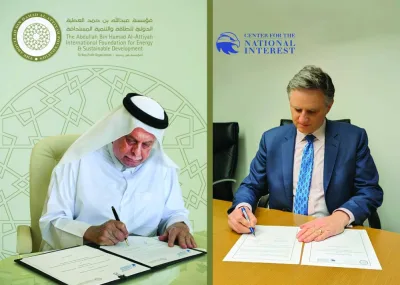Six months after Covid-19 has been declared a global pandemic, the confirmed cases of coronavirus have now reached more than 28.4mn globally, according to the Johns Hopkins Coronavirus Resource Center.
The number of confirmed coronavirus deaths now stands at more than 900,000.
The fight against the invisible and ferocious enemy – the coronavirus must be global and requires the active participation of governments, health systems and philanthropists and people around the world.
Recently, United Nations Secretary General Antonio Guterres called for $35bn more in terms of funding to fight Covid-19, including $15bn in the next three months, for the World Health Organisation’s (WHO) ‘ACT Accelerator’ programme to back vaccines, treatments and diagnostics against the virus.
Some $3bn has been contributed so far, Guterres told an online event, calling it “seed funding” that was less than 10% of what the WHO wants for the programme, formally called Access to Covid-19 Tools (ACT) Accelerator.
Financial support has, so far, lagged goals, as nations or governments including the European Union, Britain, Japan and the United States reach bilateral vaccine deals, prompting Guterres and WHO director general Tedros Adhanom Ghebreyesus to plead to nations to contribute.
“We now need $35bn more to go from ‘start up’ to ‘scale up and impact’,” Guterres said at a meeting of a council formed to help the ACT Accelerator gain traction.
“There is real urgency in these numbers. Without an infusion of $15bn over the next three months, beginning immediately, we will lose the window of opportunity.”
Tedros also renewed calls for scaling up Covid-19 clinical trials.
The total sought, $38bn, is more than the previously published $31.3bn ACT goal and includes for the first time additional funding for health systems, in addition to vaccines, therapeutics and diagnostics, Reuters said quoting a WHO spokeswoman.
European Commission President Ursula von der Leyen pledged backing, having in August already promised $474mn equivalent to the Covax vaccine portion of the programme.
“It is difficult to find a more compelling investment case. The European Commission will remain deeply and entirely committed to the success of the ACT Accelerator,” von der Leyen said. “The world needs it; we all need it.”
Meanwhile, a recent survey for the BBC has shown the coronavirus pandemic has hit poorer countries harder than the rest of the world, sowing inequality globally.
The survey of nearly 30,000 people shows how different countries have been affected by the pandemic, six months after it was confirmed on March 11.
The research was conducted for the BBC World Service in 27 countries by GlobeScan in June 2020, the height of the pandemic in many places.
The financial toll was a major issue, after lockdowns damaged economies worldwide.
Poorer countries and younger people say they are facing the greatest hardship.
A drop in income was reported by 69% of respondents in poorer countries, in comparison to 45% in richer ones, the poll found.
Outcomes also differed along race and gender lines, with women worse off than men, and black people reporting higher levels of Covid-19 infection than white people in the US.



